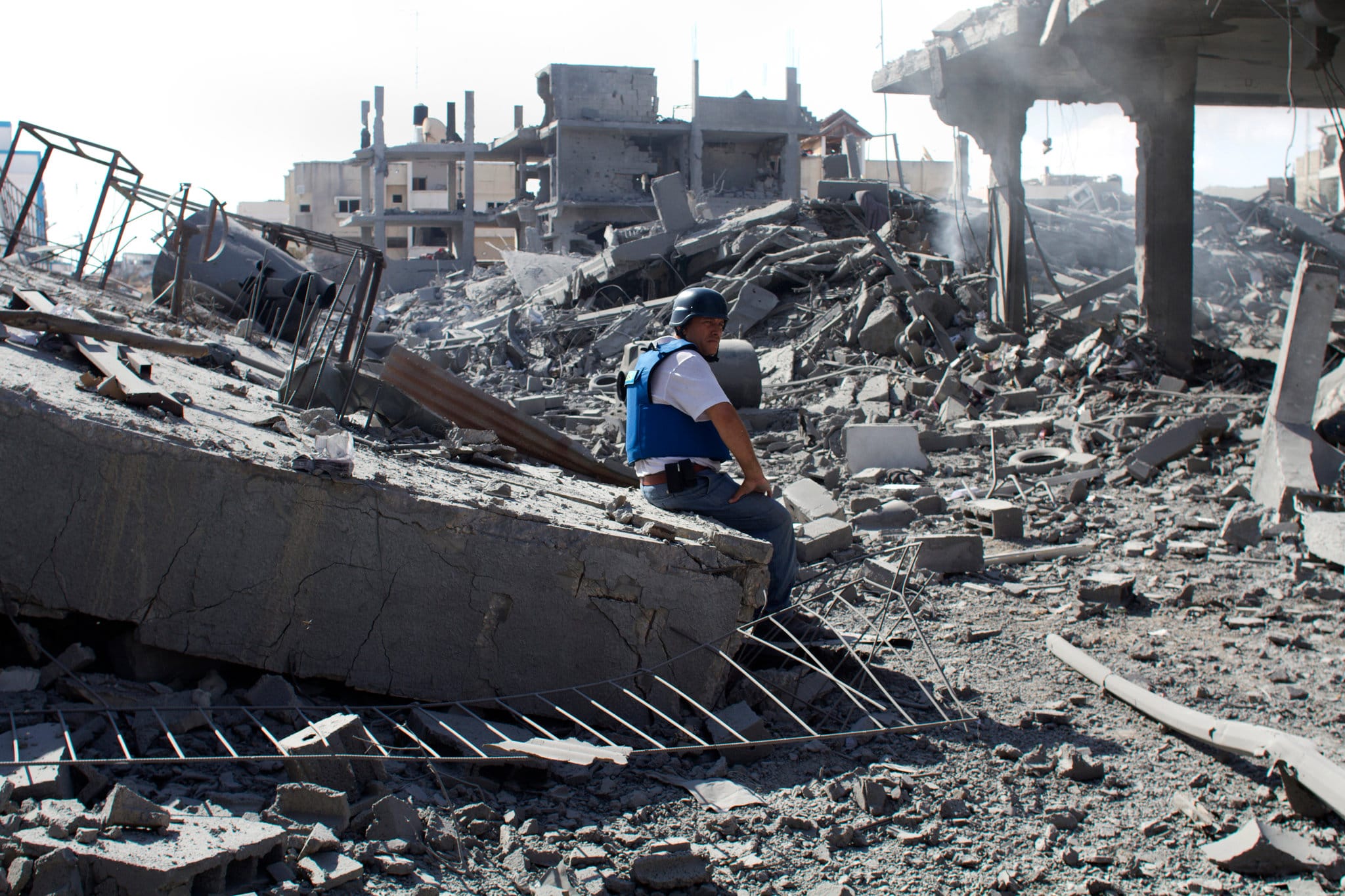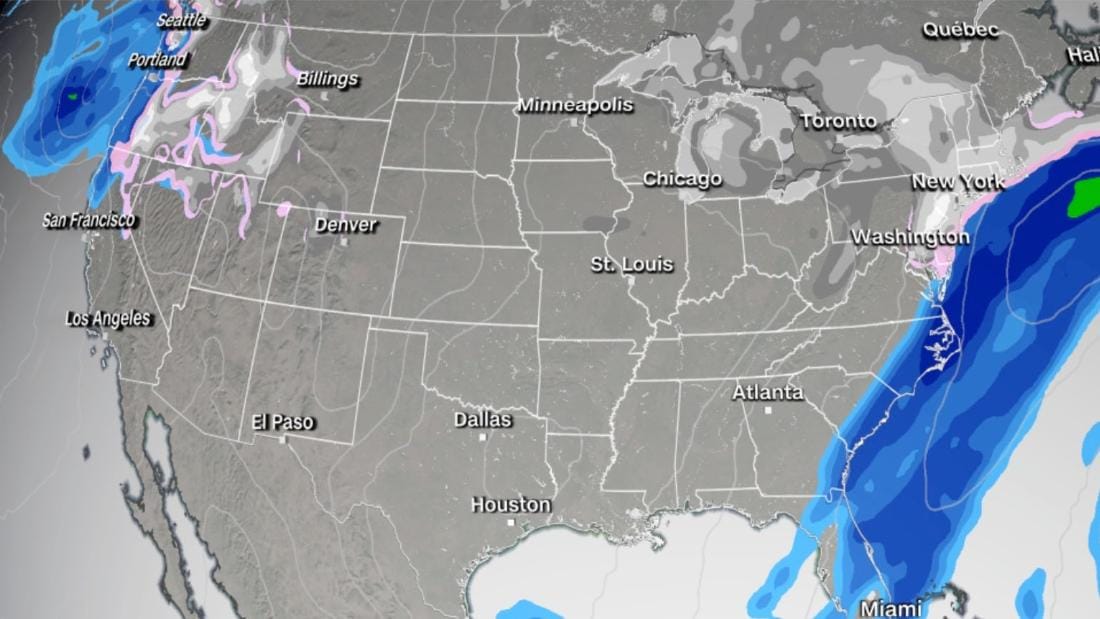As the conflict in Gaza continues to unfold, the international community is increasingly focused on the urgent need for a ceasefire. The situation has escalated significantly, particularly following a recent series of Israeli air strikes that have reportedly resulted in the deaths of twenty individuals in the region. This intensification of violence has prompted a flurry of diplomatic activity aimed at reducing hostilities and finding a sustainable resolution to the ongoing crisis.
The mediators involved in the ceasefire negotiations include representatives from several countries, as well as organizations dedicated to promoting peace in the region. Their efforts are being directed towards establishing a dialogue between the conflicting parties and fostering an environment conducive to lasting peace. The aim is to halt the violent exchanges between Israeli forces and Palestinian militant groups, which have caused significant civilian casualties and destruction.
The circumstances surrounding the current violence are deeply rooted in a long-standing and multifaceted conflict. Historical grievances, territorial disputes, and political tensions between Israelis and Palestinians have created an environment where violence emerges periodically with devastating consequences. The recent air strikes are a stark reminder of the fragility of the situation and the urgent need for a diplomatic resolution to avert further loss of life.
International mediators are employing various strategies to encourage both sides to return to the negotiating table. High-level talks are being held in various capitals, with officials working tirelessly to devise a framework that could pave the way for a ceasefire agreement. In addition, there is a concerted effort to engage influential regional players who can leverage their relationships to facilitate discussions in a constructive manner. This diplomatic push reflects a broader recognition that without intervention, the situation in Gaza could deteriorate even further.
The humanitarian impact of the ongoing violence is profound. With each passing day, the civilian population in Gaza bears the brunt of the conflict, facing not only the immediate threat of violence but also long-term consequences such as displacement, loss of access to basic services, and psychological trauma. The recent air strikes have compounded an already critical humanitarian crisis, with aid organizations struggling to provide assistance under increasingly challenging circumstances.
In tandem with these challenges, public sentiment in the region is also a crucial factor to consider. Escalating violence can lead to heightened emotions and hardening positions on both sides. Consequently, mediators must navigate a complex landscape where public opinion can significantly influence decision-making processes. Building trust and fostering a willingness to engage in dialogue is essential for any potential ceasefire agreement to take root and flourish.
International responses to the current situation have varied widely. Countries and organizations around the world have voiced their concerns, calling for restraint from both sides and emphasizing the importance of protecting civilian lives. Some nations have stepped up their diplomatic efforts, while others have expressed their willingness to provide humanitarian assistance to those affected by the violence. Yet, the fragmented nature of international responses underscores the challenge of achieving a unified approach to a crisis that has defied resolution for decades.
As the mediators press on with their efforts, the situation on the ground continues to be volatile. The possibility of a ceasefire agreement, while a critical step towards peace, remains uncertain. Factors such as ongoing military operations, political calculations, and the influence of various non-state actors could all play significant roles in shaping the future trajectory of the conflict.
In the face of these challenges, the urgency for a ceasefire grows ever more pressing. The death toll and suffering of civilians compel an immediate response, underscoring the moral imperative for all parties involved to seek a cessation of hostilities. An effective ceasefire not only provides immediate relief but can also create a window for broader negotiations aimed at addressing the root causes of the conflict.
The upcoming days and weeks will be critical in determining the success or failure of the current ceasefire initiatives. The international community will be closely watching the situation, as any movement towards peace could have significant implications for stability not only in Gaza but throughout the region at large. As mediators continue their intensive efforts, all eyes will be on the parties to the conflict, hoping for a commitment to dialogue and a lasting resolution that honors the aspirations of both Israelis and Palestinians for a peaceful coexistence.



